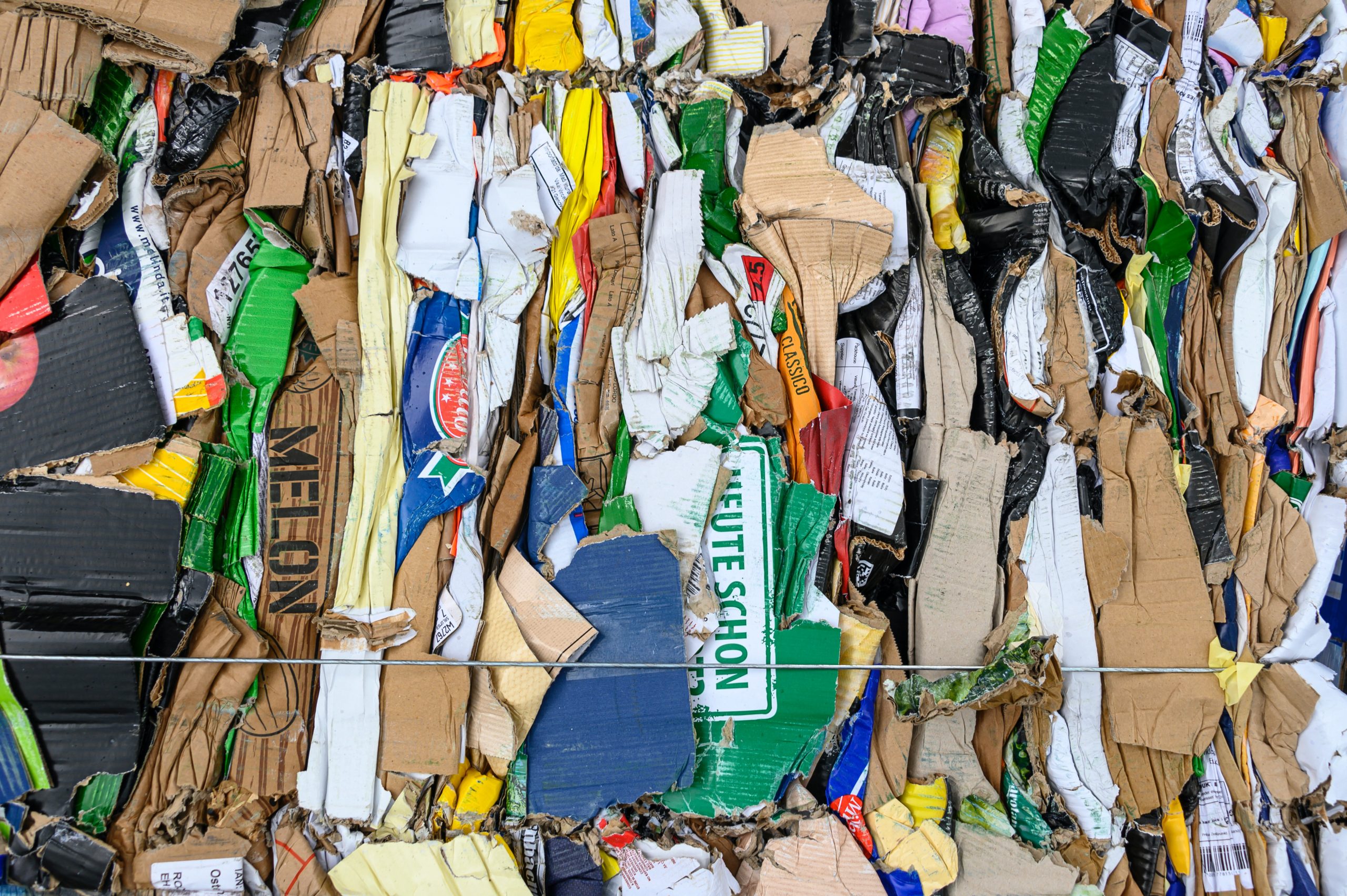Consumerism as an Economic Prerequisite and a Plague of Modern Society
Introduction
The definition of consumerism is broad and varied, with different meanings based on the contexts used. Consumer rights and consumption of goods are central to the idea of consumerism (Day and Aaker). After the Industrial Revolution, the rise in productivity due to the adaptation of fossil fuels led to affordable goods for consumers. Consequently, the societal belief that happiness and materialism are interlinked developed or at least deepened. Consistent gratification of material desires leads to everlasting satisfaction. Currently, the social and economic models of developed nations revolve around the ideals of consumerism. These initiatives ushered in economic prosperity at the expense of the environment and human psychological well-being (Panizzut et al.).
Uncontrolled Growth of Consumerist Attitudes in Modern Societies
Before the Industrial Revolution, human society inclined heavily toward religion and family as its core cultural values. The shift towards science and rationality aided by Enlightenment values encouraged agrarian societies to participate in industrial enterprises for production. This new focus encouraged urbanization. That is to say, a larger percentage of the population began to settle in or near established industries in cities, away from nature. Along with this move, came the adaptation of individual values over religion, family, and community. This sudden detachment from core values for the sake of economic prosperity led to an increased emphasis on material possessions as a way to feel happy and connected. The result is the uncontrolled growth of consumerist attitudes in modern societies. As a result, scientific studies outline the imminent collapse of ecosystems from the exploitation of resources and the destruction of the symbiotic relationship between humans and the planet. From a psychological perspective, researchers warn about the deterioration of the self-image due to the negation of meaningful relationships with nature and society and its replacement with an intense focus on wealth and goods. The need to feel whole and connected is a human necessity. Therefore, substituting it with excess-consumption culture has detrimental effects on individuals, societies, and ecosystems. The longing for unlimited goods on a limited planet with an express intent of disregarding all other pursuits of happiness, including spiritual inclinations, is an unhealthy shift that afflicts well-being (Levy; Perera and Gunawardana).
The Impact of Excessive Consumption
From an environmental perspective, studies have consistently shown that excessive consumption has a destructive impact on the ecosystem. For example, excess consumption ultimately leads to excess production, particularly when that consumption is dependent on fossil fuels for its energy requirements. The chemical reaction that generates energy for consumption also produces waste products that extensively affect the biosphere. These pollutants (once aggregated into the atmosphere and soil) halt the potential for further industrial growth and affect the sustainability of future generations of humans (Orecchia and Zoppoli). The green initiatives that many NGOs and government organizations advocate for do not adequately address the issue of pollution. Furthermore the consumerist attitudes among the citizens of the many developed and middle-income economies act as an additional barrier to success for environmental initiatives. The capitalist model of the economy of these nations is fueled by inexhaustible consumer demand. The rise of capitalism lays the foundation for the idea of converting basic needs and luxury into an ever-purchasing goal of income (Panizzut et al.).
Conclusion
Population explosion is a serious concern due to the correlating exploitation of resources. Therefore, it is in the best interest of future generations that there is a transformation in thinking about wealth and the production of goods. The capitalist and consumerist mindsets are an excellent way of generating wealth and commodities, but at what cost? The sustainability of life and the psychological well-being of the human species.
Works Cited
Day, George S., and David A. Aaker. “A Guide to Consumerism.” Journal of Marketing, vol. 34, no. 3, July 1970, p. 12, https://doi.org/10.2307/1249814.
Kaynak, Erdener. “SOME THOUGHTS on CONSUMERISM in DEVELOPED and LESS DEVELOPED COUNTRIES.” International Marketing Review, vol. 2, no. 2, Feb. 1985, pp. 15–30, https://doi.org/10.1108/eb008273.
Levy, Jonathan. “Capital as Process and the History of Capitalism.” Business History Review, vol. 91, no. 3, 2017, pp. 483–510, https://doi.org/10.1017/s0007680517001064.
Orecchia, Carlo, and Pietro Zoppoli. “Consumerism and Environment: Does Consumption Behaviour Affect Environmental Quality?” SSRN Electronic Journal, 2007, https://doi.org/10.2139/ssrn.1719507.
Panizzut, Nina, et al. “Exploring Relationship between Environmentalism and Consumerism in a Market Economy Society: A Structured Systematic Literature Review.” Cleaner Engineering and Technology, vol. 2, June 2021, p. 100047, https://doi.org/10.1016/j.clet.2021.100047.
Perera, and Gunawardana. “(PDF) Modern Consumerist Culture, Its Drawbacks and Benefits.” ResearchGate, Mar. 2014, www.researchgate.net/publication/305266837_Modern_Consumerist_Culture_Its_Drawbacks_and_Benefits.
The Consumerist Attitudes of Modern Society
The consumerist attitudes of modern society have been detrimental to the human psyche and the environment as a whole. The shift from traditional values towards the individualistic pursuit of wealth has created an imbalance between our needs and wants, along with producing pollutants that severely damage ecosystems.
In order to protect our planet and future generations, we must embrace more sustainable lifestyles that prioritize meaningful relationships over material possessions. We must strive for balance, understanding the importance of both physical and spiritual well-being in order to lead healthier lives. Only then can we create a better world for ourselves and future generations.
Help With Consumerism Papers From a Skilled Team of Writers
If you need help writing an essay, EssayShark.com can provide assistance. A skilled team of writers is available to craft custom papers tailored to your specific instructions and needs. EssayShark’s experienced writers will ensure the accuracy and uniqueness of each paper, making sure that it meets all academic standards.
Furthermore, the writers work closely with customers throughout the entire process to guarantee satisfaction with the final product. With our help, you can be sure that your essay will be done on time and in accordance with all of your expectations. So if you ever need help with ideas or are overwhelmed by deadlines, consider hiring one of our excellent writers!
Photo by Etienne Girardet from Unsplash

Leave a Reply